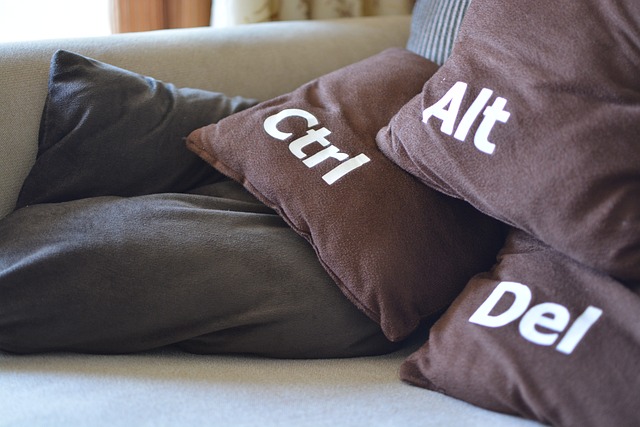I never had an interest in smartwatches and had never thought about trying a smart ring until January 17, 2024. This changed when Samsung made a surprising announcement during the Galaxy Unpacked event at the SAP Center in San Jose. While unveiling the Galaxy S24 series went as expected, things took a turn when Samsung hinted at the Galaxy Ring. In a rare moment for me, I found myself thinking, "I want this and I can't explain why."
<p class="u-speakableText-p2">How could I not be interested in this after seeing it?</p>
Samsung introduced the Galaxy Ring at its Unpacked event.
The Galaxy Ring contains various sensors to track health data such as heart rate, movement, and sleep patterns. It does not have a display screen and has a discreet appearance. Upon reflection, I realized that this might be the smart device I've been searching for.
I have always had a strange feeling about wearing jewelry like watches and rings. I spent a few years working as a carpenter constructing sets for operas, exhibits for museums, and even an enclosure for monarch butterflies in a zoo. It is an amazing experience to have butterflies land on you while trying to repair a leak in a Aztec-inspired fiberglass waterfall and pool.
<p><strong>Discover more: </strong>Top Samsung phone options for 2024</p>
I have never been someone who often wears rings, but I used to enjoy wearing watches until I accidentally damaged one while working on a set. This incident made me hesitant about wearing watches. Although this is not the only reason I dislike smartwatches, it does play a role in my lack of interest. Smartwatches introduce a level of complexity that I personally find unnecessary, and they don't have the same aesthetic appeal as traditional wristwatches.
The Galaxy Ring is not the first of its kind, as there are other smart rings available from brands such as Oura, Ultrahuman, and Evie. However, the Galaxy Ring stands out with its simple and minimalistic design that can be a perfect addition to my smartphone. Samsung will need to keep the ring's features simple in order to appeal to those who are not fans of smartwatches for it to be successful beyond just early adopters.
Title: My issues with smartwatches
Rewritten text:
<h2>My concerns about smartwatches</h2>
I won't feel happy while wearing a smartwatch.
I understand the appeal of tracking my steps or monitoring a workout. However, I prefer the idea of using a discreet tracker that doesn't require me to wear the same band or smartwatch every day in order to enjoy those benefits. This way, I can avoid feeling constantly connected to my phone.
Smartwatches, such as the Apple Watch, are essentially smaller versions of our smartphones and demand more attention compared to traditional automatic wristwatches. While the concept of Dick Tracy's watch in movies and comics is fascinating, the character did not have to contend with constant notifications, updates, charging, and syncing issues as we do with modern smartwatches.
I am not alone in wanting to simplify my relationship with electronics. Many people are turning to feature phones, older smartphones, and digital point-and-shoot cameras from the past decade to reduce the impact that smartphones have on their lives. While the Galaxy Ring is not a retro device, it may offer a similar appeal to those seeking a less intrusive phone experience.
CNET's Lisa Eadicicco explained in her article how smart rings were initially similar to fitness bands, but more advanced and precise.
<h2>Key Considerations for Samsung's Success</h2>
The Galaxy Ring is equipped with internal sensors that can track health data such as heart rate.
I find the Galaxy Ring interesting because it comes from Samsung, a company known for producing smartphones and smartwatches. I prefer investing in products from established companies like Samsung rather than newer ones like Oura that I primarily associate with celebrities like Kim Kardashian.
In my experience testing Samsung phones, I have some confidence in the company, but that doesn't mean they are without faults, especially when it comes to first-generation products. To avoid making the same mistakes as with the Galaxy Gear, Samsung must focus on certain key aspects to win over skeptics like myself.
The Galaxy Ring is expected to have a very attractive price point, ideally between $200 and $250. It would be even better if Samsung could offer it for $200 or less. One important factor is to avoid adding any subscription fees, unlike the Oura Ring which charges a $6 monthly fee on top of the initial $300 or $400 purchase price.
Samsung should consider making the Galaxy Ring compatible with both Android and iOS devices. By following the advice from The Mandalorian, the company can attract more buyers by making the ring accessible to a wider range of users. Limiting the ring to only Samsung or Android users may not be as effective in drawing customers. It's more likely that an iPhone user may be interested in the Galaxy Ring and then consider purchasing a Samsung Galaxy phone. This strategy could potentially entice loyal Apple users to explore Samsung's products, expanding their customer base in the process.
Samsung's priority should be ensuring the Galaxy Ring's battery life is long-lasting. This would avoid the inconvenience of having to charge the device daily, making it more appealing to potential customers. If the battery life is comparable to that of the Oura Ring, lasting up to a week on a single charge, it would make the Samsung Ring a more attractive option.
Is it possible that the Galaxy Ring will meet my expectations, or will it end up being neglected like other wearables due to lacking simplicity and value? Only time will tell once Samsung officially releases it.


























